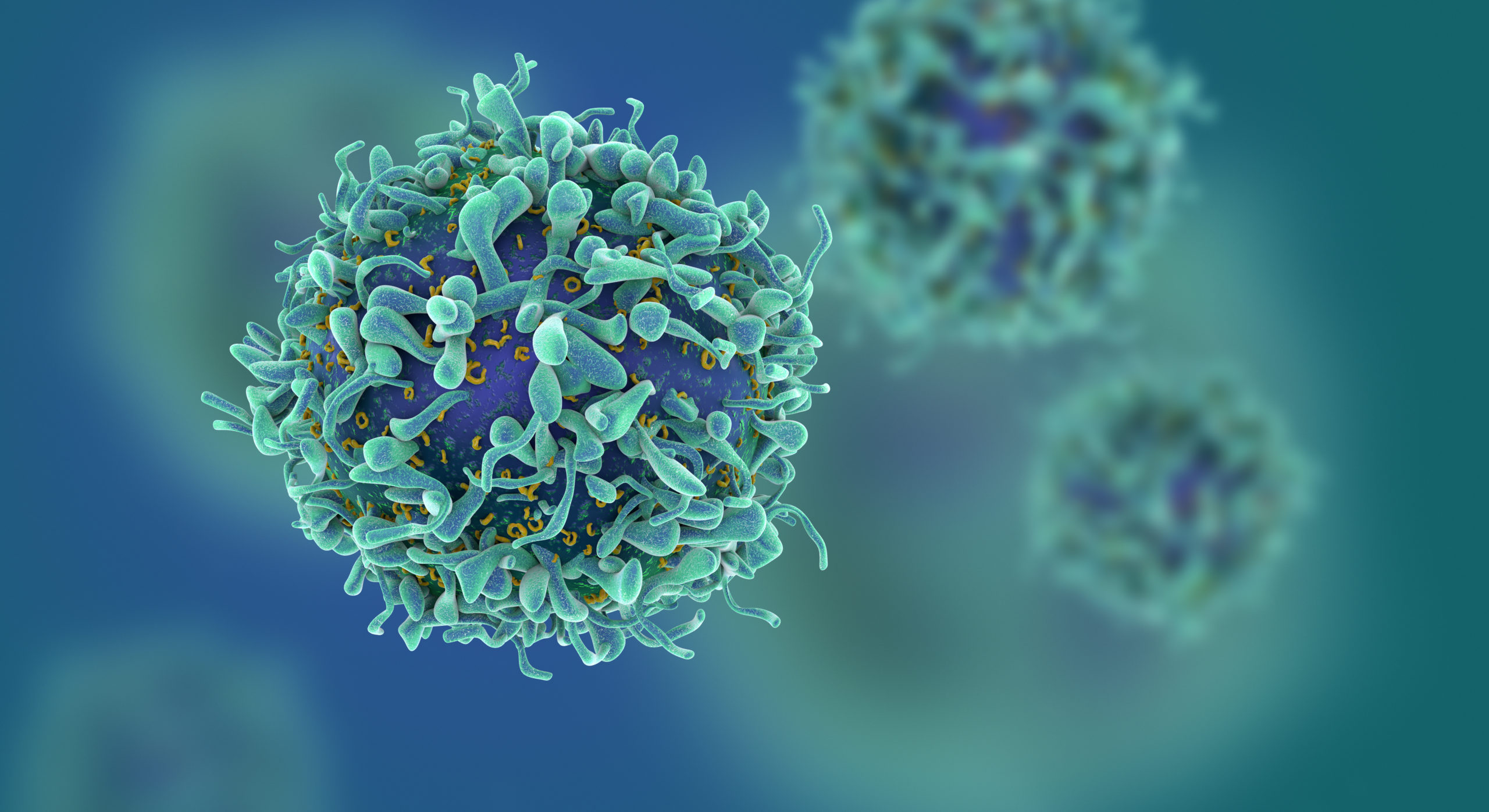-

Understanding the Link Between Nucleotide Metabolism and Chromatin Assembly
A Northwestern Medicine study has revealed a connection between two fundamental cellular processes, offering fresh insight into how human cells build and maintain chromatin, according to findings published in Molecular Cell.
-

Tanning Beds Triple Melanoma Risk, Potentially Causing Broad DNA Damage
Tanning bed use is tied to almost a threefold increase in melanoma risk, and for the first time, scientists have shown how these devices cause melanoma-linked DNA damage across nearly the entire skin surface, according to a recent study.
-

Hypervigilance, Anxiety Linked to Poor Treatment Outcomes in Esophageal Disorder
Increased esophageal hypervigilance and anxiety were associated with worse post-treatment symptoms and poor quality of life in patients with achalasia, a rare esophageal motility disorder, according to a recent Northwestern Medicine study.
-

Targeting Aberrant Learning May Improve Parkinson’s Treatment
Northwestern Medicine scientists have discovered that targeting neuronal signaling controlling aberrant learning in the striatum may improve the efficacy of a first-line therapy for Parkinson’s disease and has the potential to reduce therapy-related side effects, according to a recent study published in Science Advances.
-

Shape-Shifting Cell Channel Reveals New Target for Precision Drugs
In a new study published in Nature Communications, Northwestern scientists have uncovered how a critical membrane pathway controls the flow of chemical messages responsible for everything from brain activity to inflammation.
-

2025 Year in Review
Feinberg experienced a year of discovery and scientific achievement in 2025, from honors and awards to unprecedented research discoveries.
-

Scientists Map the Human Genome in 4D
In a landmark effort to understand how the physical structure of our DNA influences human biology, Northwestern investigators and the 4D Nucleome Project have unveiled the most detailed maps to date of the genome’s three‑dimensional organization across time and space, according to a new study published in Nature.
-

2025 in Scientific Imagery
From elucidating cellular mechanisms underlying tissue regeneration to developing novel biomaterials to improve organ function, Feinberg investigators have provided stunning new snapshots of biological processes invisible to the naked eye.
-

NU-9 Halts Alzheimer’s Disease In Animal Model Before Symptoms Begin
In a new study, scientists have identified a previously unknown driver of Alzheimer’s disease, and an experimental drug developed at Northwestern University has demonstrated further promise as an early intervention to treat the disease.
-

Exploring the Connection Between Gene Expression and Aging
Northwestern Medicine scientists have discovered how molecular “traffic controllers” in cells influence aging and cellular senescence — a state where cells stop dividing but remain metabolically active.
-

Common Virus ‘Rewires’ Intracellular Mechanisms to Promote Infection
Investigators from the laboratory of Derek Walsh, PhD, have discovered how human cytomegalovirus rewires intracellular mechanisms to control the movement of the cell nucleus and promote infection, according to a recent study.
-

Noninvasive Treatment Boosts Immune Response Against Glioblastoma
Northwestern Medicine scientists, along with collaborators from the Washington University School of Medicine, have developed a noninvasive nanomedicine approach that may improve the treatment of glioblastoma, according to a recent study published in the Proceedings of the National Academy of Sciences.
-

Beidas Elected Co-Editor-in-Chief of Implementation Science
Rinad Beidas, PhD, the chair and Ralph Seal Paffenbarger professor of Medical Social Sciences, has been elected the next co-editor-in-chief of Implementation Science, the field’s flagship journal, effective January 1, 2026.
-

RNA ‘Quality Control’ System Breaks Down in ALS
A Northwestern Medicine study has shed light on a critical molecular mechanism underlying amyotrophic lateral sclerosis (ALS), according to findings published in the journal Neuron.
-

Top 3 Episodes of Breakthroughs Podcast in 2025
This year, the Breakthroughs podcast released 17 episodes on topics including improvements in mental healthcare delivery, precision medicine therapies for rare diseases, an introduction to bedside medicine and much more.
-

Advancing Bioethics and Medical Humanities
In this Q&A, Kelly Michelson, MD, MPH, director of the Center for Bioethics and Medical Humanities in the Institute for Public Health and Medicine, shares how ethics and the humanities are shaping the future of medicine, driving research and redefining medical education.
-

Students Collaborate to Solve Global Health Concern at Intramural Case Competition
Students from disciplines across Northwestern recently collaborated to pitch solutions to complex, real-world global health challenges at Global Health Day’s Intramural Global Health Case Competition.
-

Novel Biomarker May Predict Immunotherapy Resistance
Northwestern Medicine scientists have identified a novel biomarker for immune immunotherapy resistance in cancer that may also serve as a potential therapeutic target for patients who don’t respond well to immunotherapy, according to a recent study published in The Journal of Clinical Investigation.
-

Study Identifies Misleading Genomic Sequences of Bacteria Causing Gonorrhea
Northwestern Medicine investigators have identified issues with most genomic sequence data for the Neisseria gonorrhoeae bacterium, findings that could complicate future epidemiological and pathogenesis studies, according to a recent study published in the Journal of Infectious Diseases.
-

Elucidating Brain Communication Networks
The human brain is often described as the most complex network in existence, with billions of neurons exchanging signals across intricate pathways. Recent research led by Feinberg investigators is revealing how different regions of the brain coordinate and process information, and how disruptions in these networks can impact health.
